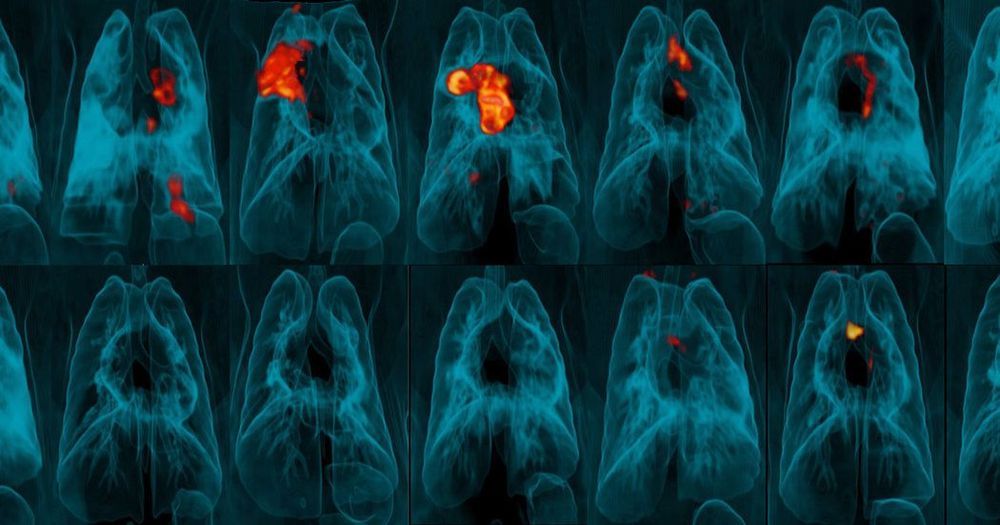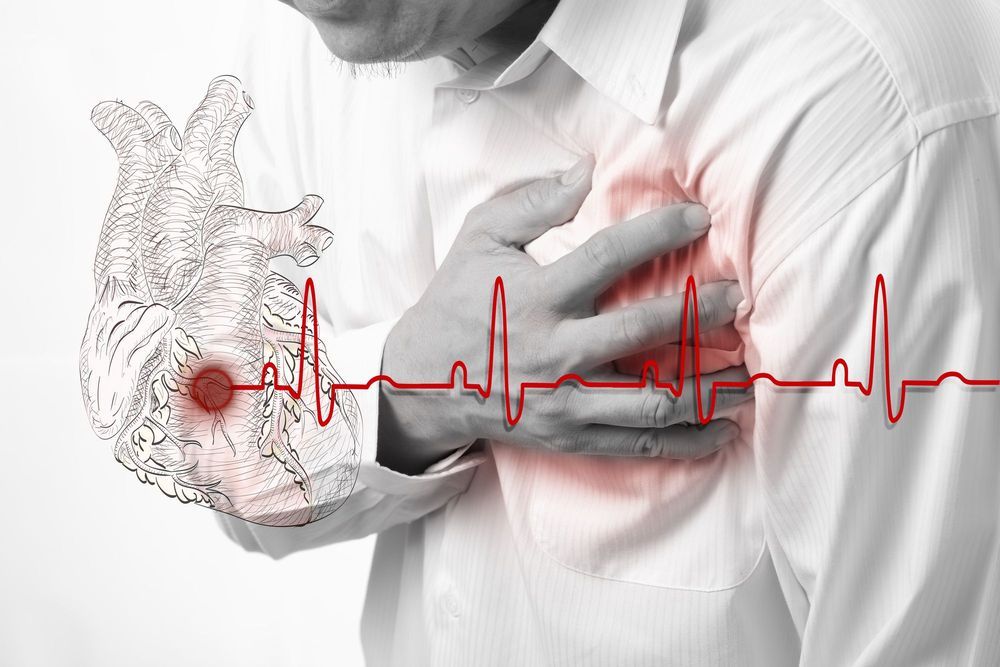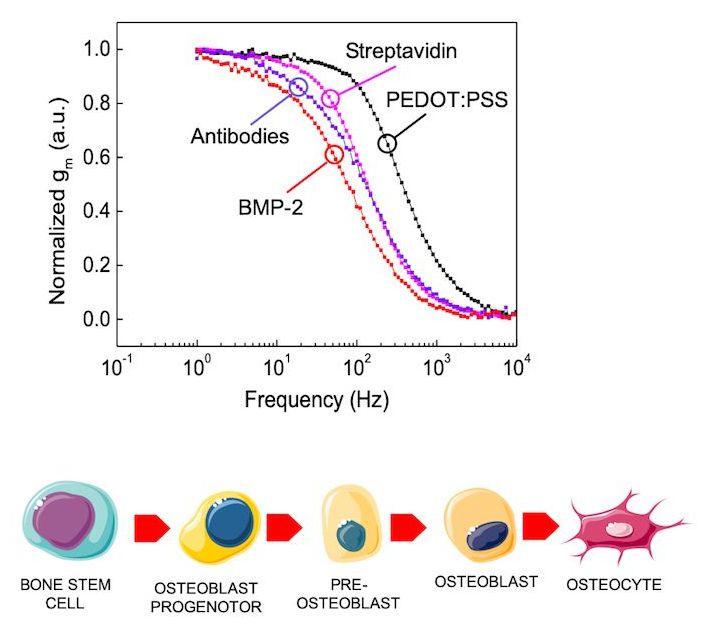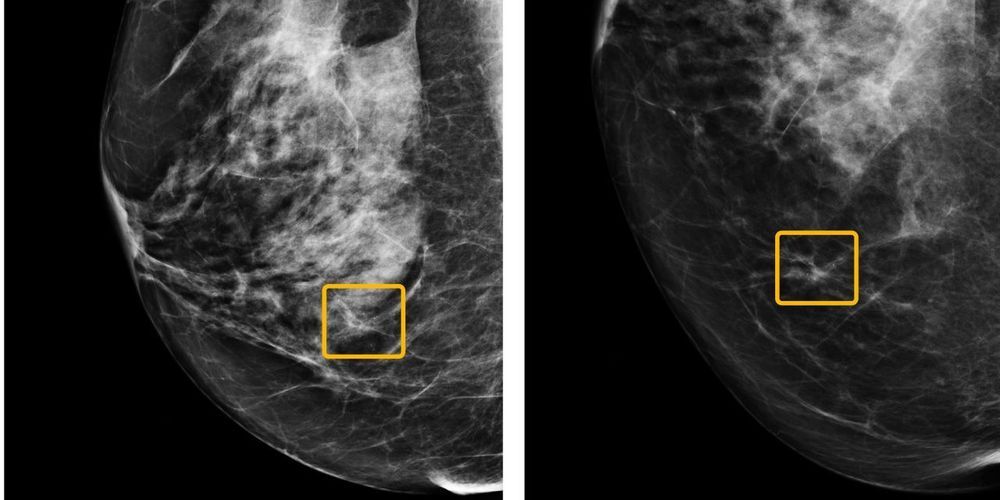Every cell in your body is the descendant of a stem cell, a very special kind of cell. In this episode, we learn a bit more about stem cells by interviewing a researcher who works with them.
Category: biotech/medical – Page 2,592

A computer made from DNA can compute the square root of 900
By Donna Lu
A computer made from strands of DNA in a test tube can calculate the square root of numbers up to 900.
Chunlei Guo at the University of Rochester in New York state and colleagues developed a computer that uses 32 strands of DNA to store and process information. It can calculate the square root of square numbers 1, 4, 9, 16, 25 and so on up to 900.


Protein infusion could reduce heart failure risk after heart attack
Heart disease is the biggest killer in the Western world. A part of the problem is that even if one survives a heart attack, damage to the heart muscle results in the formation of thick scar tissue that can increase the chance of heart failure. Now researchers have found a way to improve the quality of the scar tissue in animal models, resulting in improved heart function following a heart attack.
The research centers on a protein therapy called recombinant human platelet-derived growth factor-AB (rhPDGF-AB), which had previously been shown to improve heart function in mice that had suffered a heart attack. In a new study aimed at bringing the treatment closer to human trials, a team set out to discover if it produced similar results in large animals, namely pigs.
The researchers from the Westmead Institute for Medical Research (WIMR) and the University of Sydney found that when pigs that had suffered a heart attack received an infusion of rhPDGF, it did indeed prompt the formation of new blood vessels in the heart and led to a reduction of potentially fatal heart arrhythmia.
The Top Ten Scientific Discoveries of the Decade
Breakthroughs include measuring the true nature of the universe, finding new species of human ancestors, and unlocking new ways to fight disease.

Gene Therapies Make it to Clinical Trials
After years of ethical debates and breakthroughs in the lab, CRISPR has finally made its way to clinical trials. Researchers are now looking at whether the DNA-editing tool, as well as more conventional gene therapies, can effectively treat a wide array of heritable disorders and even cancers.
“There’s been a convergence of the science getting better, the manufacturing getting much better, and money being available for these kinds of studies,” says Cynthia Dunbar, a senior investigator at the National Heart, Lung, and Blood Institute. “It’s truly come of age.”
CRISPR — formally known as CRISPR-Cas9 — has been touted as an improvement over conventional gene therapy because of its potential precision. CRISPR (clustered regularly interspaced short palindromic repeats) is a genetic code that, contained in a strand of RNA and paired with the enzyme Cas9, acts like molecular scissors that can target and snip out specific genes. Add a template for a healthy gene, and CRISPR’s cut can allow the cell to replace a defective gene with a healthy one.

DCA Dichloroacetate Breakthrough Anticancer Agent
Thoughts on this. True or BS.
DCA Dichloroacetate Breakthrough Anticancer Agent
Mary, an old patient in my office, called in last week to ask for advice about her husband, Jim. He had been quite healthy for many years, and recently noticed back pain. His primary care doctor ordered a CAT scan which showed a large lung mass (Red Arrow Above image) and destructive lesions in the spine. Biopsies confirmed the lung mass was indeed cancer, with metastatic spread to the thoracic vertebral bodies. Jim was referred to the local oncologist who started radiation and chemotherapy. Above Header Image CAT scan of lung cancer mass (Red Arrow) in left lung courtesy of wikimedia commons…
After a week of chemotherapy, Jim was miserable from the adverse effects of nausea, and vomiting, and loss of appetite. Jim felt so bad, he declined any further chemotherapy treatment. Mary asked if I had any suggestions.
Bionic Skin Lets Prosthetic Limbs Feel
This bionic skin lets amputees feel their prosthetic limbs.


Google AI Beats Doctors at Breast Cancer Detection—Sometimes
Google’s health research unit said it has developed an artificial-intelligence system that can match or outperform radiologists at detecting breast cancer, according to new research. But doctors still beat the machines in some cases.
The model, developed by an international team of researchers, caught cancers that were originally missed and reduced false-positive cancer flags for patients who didn’t actually have cancer, according to a paper published on Wednesday in the journal Nature. Data from thousands of mammograms from women in the U.K. and the U.S. was used to train the AI system.
But the algorithm isn’t yet ready for clinical use, the researchers said.